
The recent general elections held on the 7th of December, 2024, recorded one of the highest voter apathy in recent polls, according to records.
Voter turnout during the said elections is reported to be around 61 per cent, according to the Electoral Commissioner (EC). This figure departs from previous election figures by way of voter apathy. Records indicate that participation in the 2020 elections, for instance, stood at 79 per cent compared to 69 per cent four years earlier. There are 18.7 million registered voters, according to the EC.
In the 2016 general elections, only 10,880,999 out of the 15,712,499 registered voters cast their votes, leaving 4,831,500 registered voters who did not vote.
According to the EC, there were 17,027,641 registered voters on the electoral roll during the 2020 general elections. Three million five hundred ninety-two thousand seven hundred eighty-four (3,592,784) of these did not exercise their franchise.
Voter apathy is defined as a lack of interest among voters in elections of representative democracies. Political apathy or lack of interest is often cited as a cause of low turnout among eligible voters in jurisdictions like Ghana, where voting is optional.
It also refers to a lack of interest in participating in elections by certain groups of voters. One side-effect of voter apathy can be low voter turnout on election day if voting is non-compulsory. In countries or areas with compulsory elections, voter apathy may manifest itself in the form of a high proportion of spoilt ballots or donkey votes.
Political apathy has led to increased concerns regarding representative democracies because election results do not encompass the entire population who are eligible to vote.
The sense that voters feel like the political system does not work for them and any attempt to influence it will be a fruitless exercise. The voter’s trust in their ability to influence politics is virtually non-existent.
Each individual who chooses not to vote will have their unique reasons for this choice, but certain broader trends are often connected to higher levels of voter apathy. Voter apathy refers specifically to a lack of interest or faith in the voting process and not to other reasons for failing to vote.
Some causes of political or voter apathy are due chiefly to the lack of education and negligence. Studies have revealed that nearly 20% of American youth do not feel they know enough to vote. In Ghana, studies have also revealed that negligence and distancing of government from the voters have been the major causes of voter apathy.
Most Ghanaians put into high consideration current national issues on social and particularly economic matters before voting, according to several poll surveys. The nation has reached a point where voter literacy is highly influencing voting patterns. Such surveys had proven that a large number of registered voters had, over the years, refused to vote because their political parties failed to perform during their turner.
“I feel guilty of voting for other parties or individuals, so I decided not to vote.” A staunch member of a political party lamented. Others feel that their votes will not make any change while others believe they will not vote for people to give the employment when they are not in any form of gainful employment. “Why must I vote for someone who will never reciprocate this gesture? They rather become pompous putting them there with my vote, I will not vote.” One party member disclosed.
Some international media had predicted that many Ghanaians had faced a severely high cost of will demonstrate their displeasure toward the handling of the economy by staying away from polling stations on Saturday, December 7, 2024.
It is now certain that nearly two million people who voted for the NPP in the general elections in 2020 did not turn out to vote in 2024. The opposition NDC added about 150 thousand votes to the 2020 elections.
Two issues, according to political scientists, contributed to the extremely low voter turnout in the 2024 general elections. One is the surging prices of food, high interest rates, uncontrollable foreign exchange rates, and unfriendly taxes, high and the fastest pace inflation, among others.
The second factor could be best described as the alienation or disconnection of government from the party members.
Sometimes, alienated voters feel compelled to vote but feel “estranged or disaffected from the system or somehow left out of the political process. They feel that they are underrepresented or not represented at all by those running for office; their best interest or concerns are not regarded.
Voter apathy can also result in political alienation and falls into three broad categories: political incapability, political discontentment and political disconnection.
Observers say Ghana’s voter apathy is chiefly caused by political disconnection. Politicians will do everything possible to promote and exhibit effective connections with the populace and abandon them just after electing them into office.
Politicians could reach every part of the country, dine and wine, interact, play, and discuss community as well as national matters with them, thus securing a pragmatic sense of belonging among them.
The citizens who are the voters feel alienated and rejected when, after the election campaign, they do not hear nor see their representatives again. Their views and opinions are dumped, and their participation is no longer required.
Some angry members of the New Patriotic Party (NPP) have been in the media to lament how the leadership of the party, especially the President, Nana Akufo Addo-Dankwa, neglected and looked down on party members, even those at the helm of affairs like Members of Parliament.
The Member of Parliament for the Subin constituency in the Ashanti Regions, Eugene Antwi, for instance, noted that the party lost the 2024 election in 2022 when the President decided to ignore the party members.
He said the President’s actions and inactions caused the party’s humiliating defeat in the 2024 general elections. “The historic election defeat is blamed on Nana Akufo-Addo”, he noted. For him, there was a glaring nepotism and stiff disconnect between the President who is the president because of the votes and hard work of the masses.
The President’s political alienation and rejection caused unrepairable relationships between him and party members. This trend in anti-political sentiment tends to focus on negative assessments of politicians and political elites. This is a lesson for all political parties and their leaders.
The time has come for Ghana to ensure holistic participation in democracy. There must be a comprehensive approach to citizen engagement in the political process, encompassing not just voting but also active involvement in various aspects of decision-making, including community organising, advocacy, policy development, and holding elected officials accountable, thereby contributing to a more inclusive and representative democratic system across different societal spheres.
Former President of Ghana Flt. Lt. Jerry John Rawlings once said; ‘Countrymen, either you are part of the problem or you are part of the solution’’.
Apathy is not the antidote to the arrogance and neglect by the politician. Citizens must be encouraged to exhibit their commitment to the nation through holistic involvement in national development processes.
BY NANA SIFA TWUM (PHD)
The post Voter apathy – a negative trend to halt appeared first on Ghanaian Times.
Read Full Story
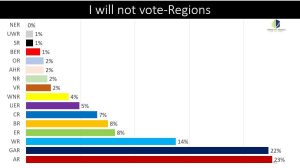


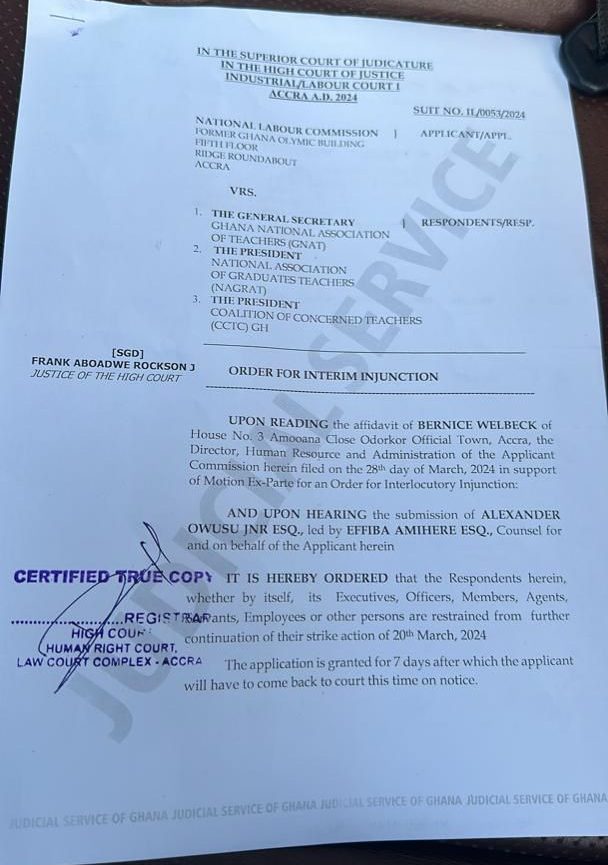
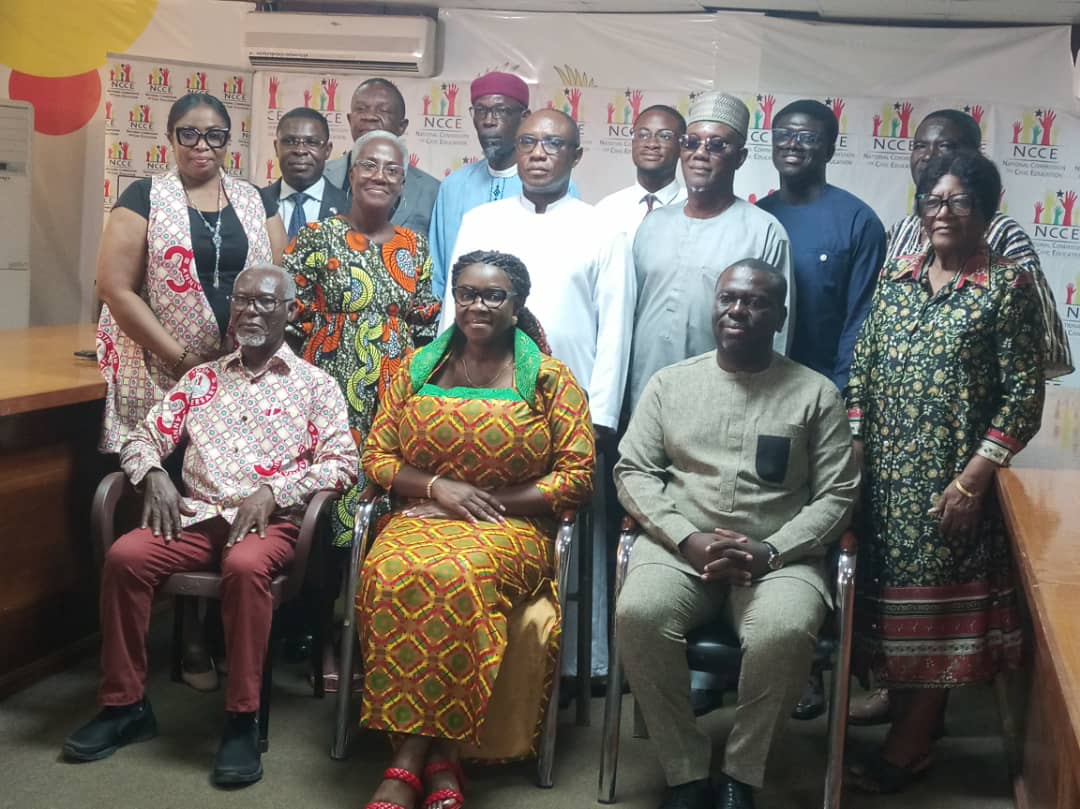

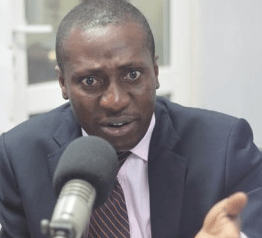
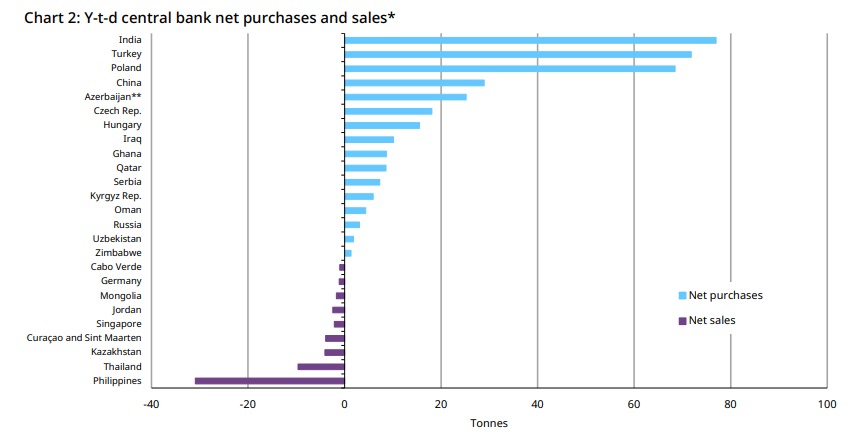


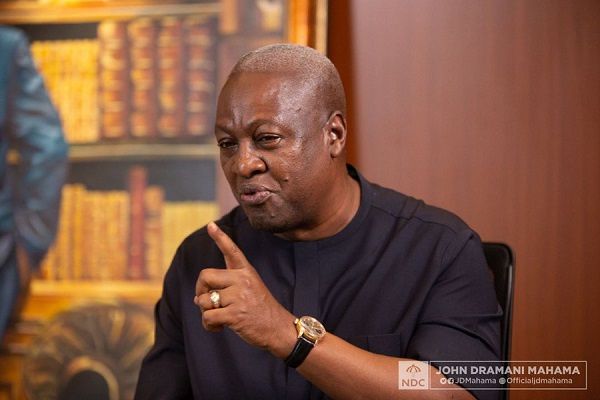



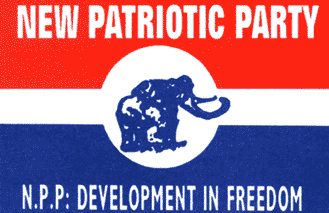
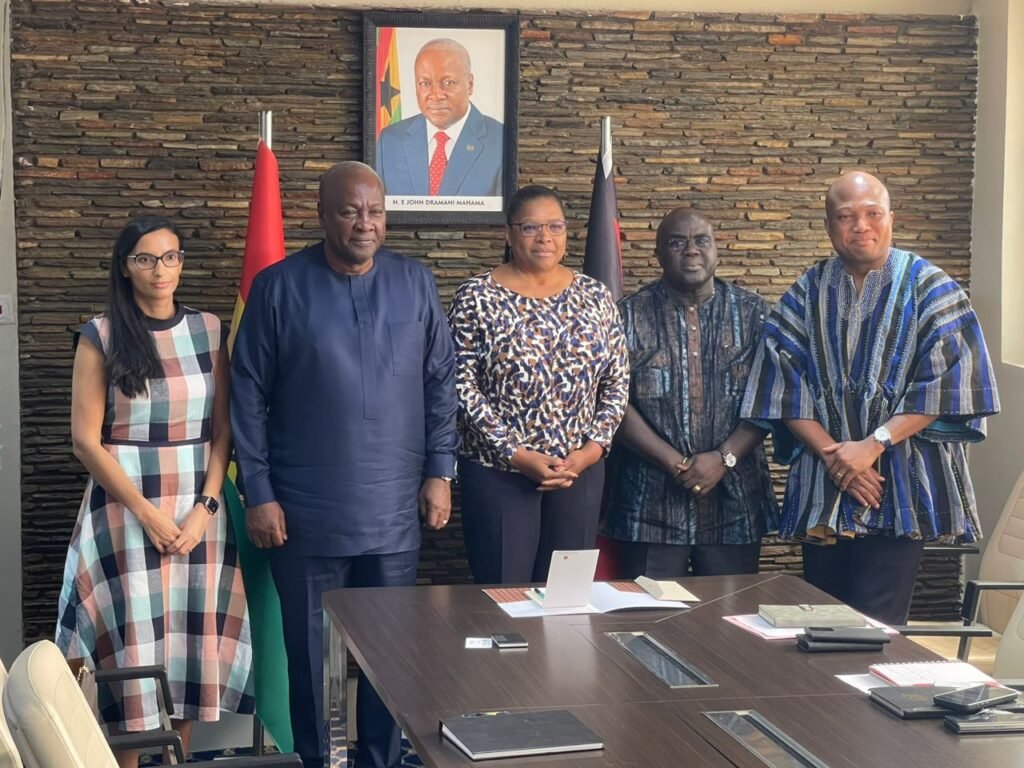
Facebook
Twitter
Pinterest
Instagram
Google+
YouTube
LinkedIn
RSS